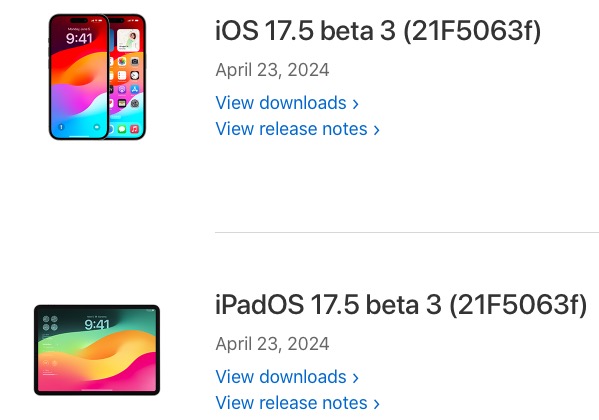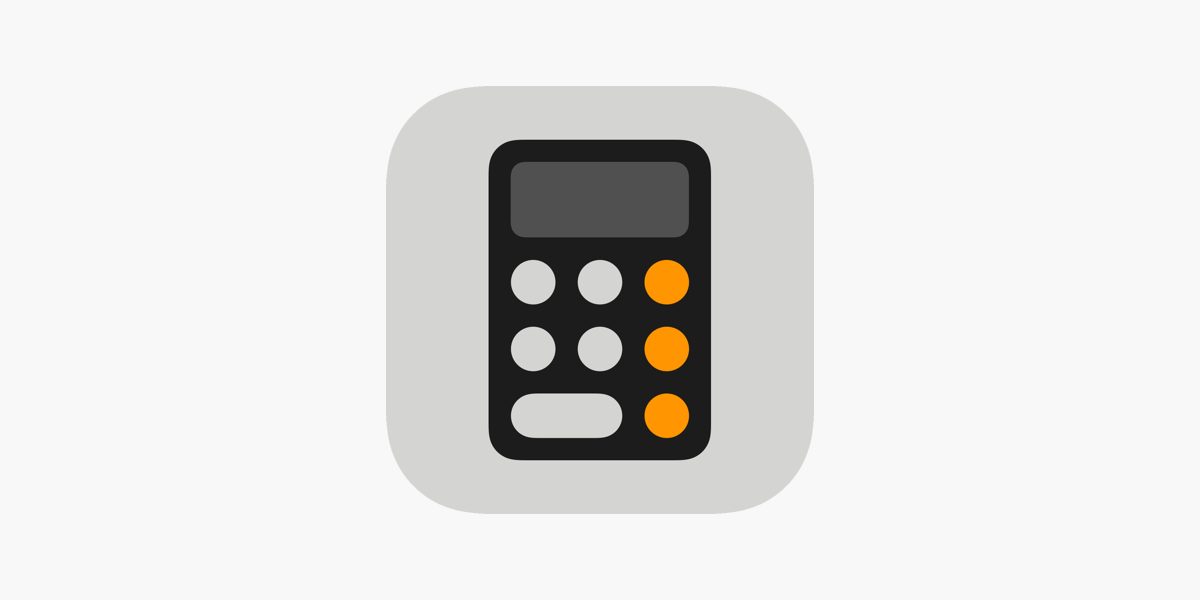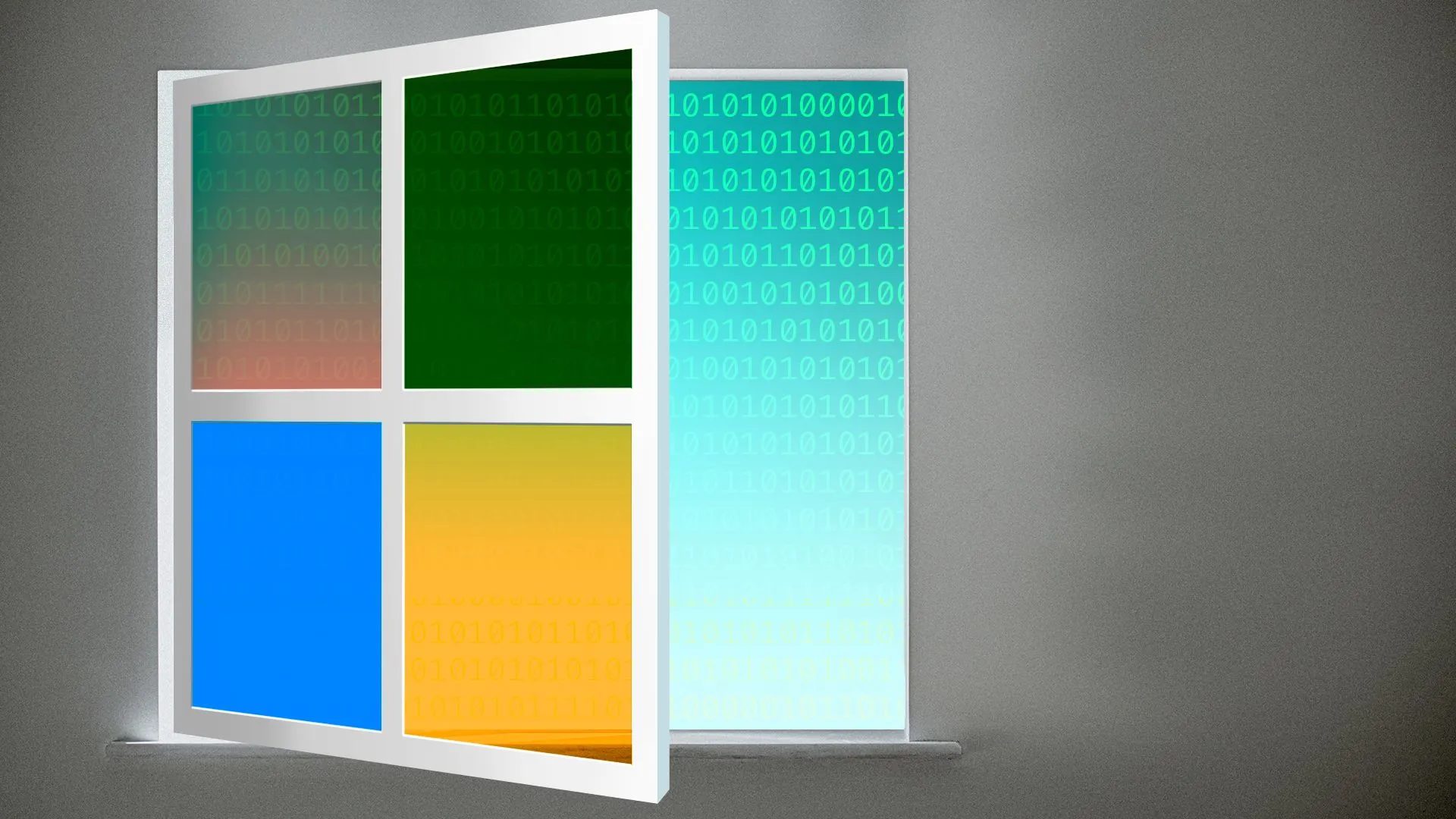
U.S. Appeals Court Revives Apple Antitrust Lawsuit
In a defeat for Apple, a federal appellate court has revived a lawsuit accusing the company of violating antitrust laws by charging monopoly prices for iPhone apps, according to a new report from Reuters.

The U.S. Court for Appeals for the Ninth Circuit reversed Thursday a decision by a lower court and ruled that the app buyers filing the lawsuit are direct purchasers of iPhone apps from Apple, rather than from app developers, and hence have standing to sue.
The lawsuit brought by Robert Pepper, Stephen Schwartz, Edward Hayter and Eric Terrell began in 2011. They claim Apple monopolizes the market for iPhone apps sold through its iTunes App Store by increasing the prices for the apps, prohibiting third-party developers from selling their apps elsewhere and threatening to void the warranties of iPhone users who download unapproved apps.
Apple’s legal briefs claimed that users did not have standing to sue it because they purchased apps from developers, with Apple simply renting out space to those developers. Developers pay a cut of their revenues to Apple in exchange for the right to sell in the App Store.
In a complaint initially brought in 2011, a group of iPhone users characterize Apple’s 30% commission from developers as a fee charged to consumers. The users claimed that Apple was only able to charge the 30% mark-up because it controls distribution of iPhone apps.
“In a competitive environment, where developers could sell their apps on their own websites without charging Apple’s 30% mark-up and discount retailers could obtain volume discounts and sell for far less than a 30% profit, Apple would be under considerable pressure to substantially lower its 30% profit margin,” the complaint alleges. “In a truly competitive iPhone apps distribution environment, Apple’s 30% margin would be simply unsustainable.”

